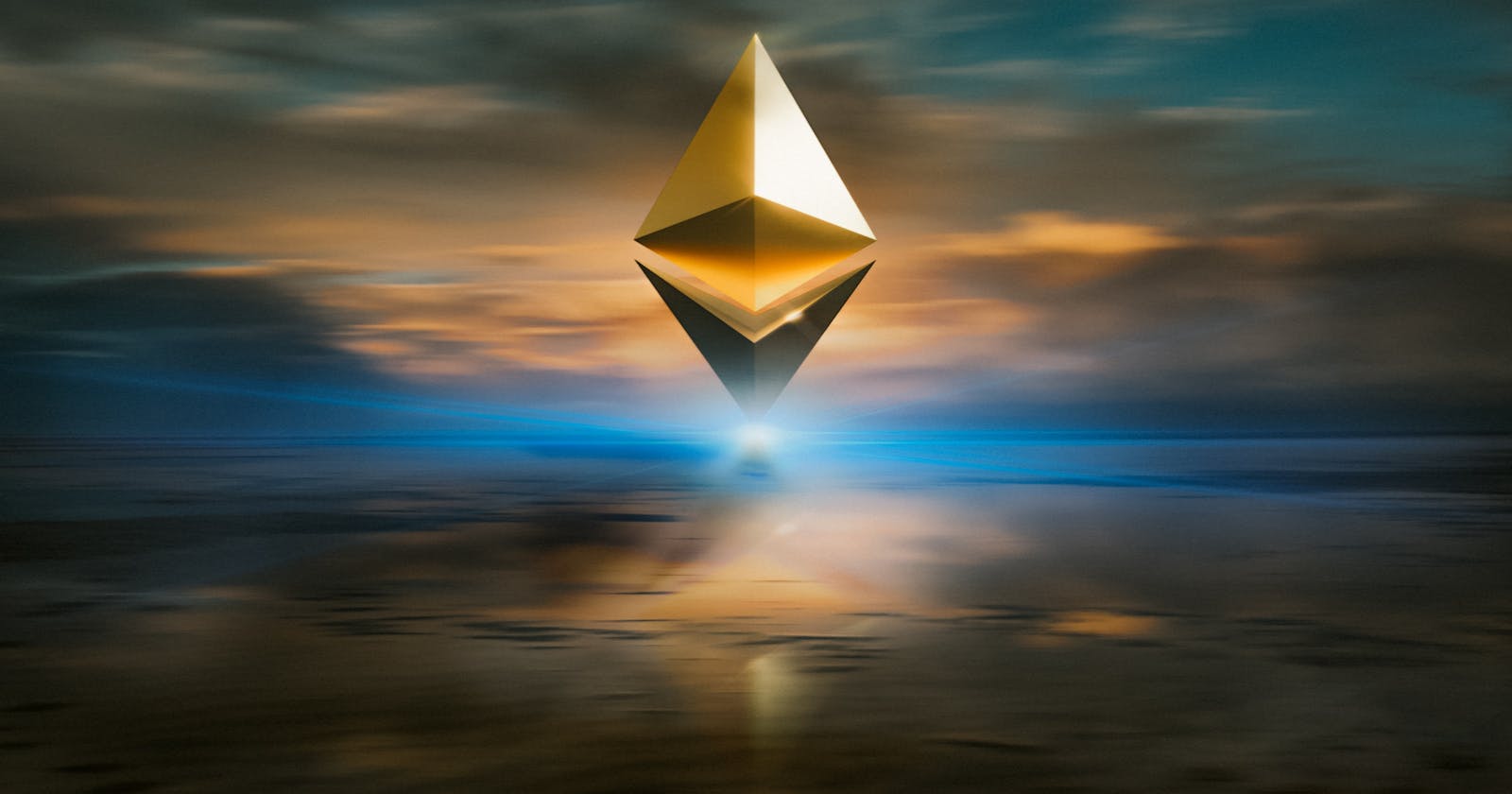Ethereum!
Any idea?
Ethereum is often described as "the world computer". But what does that mean? Let's start with a computer science-focused description and then we will see with more practical analysis.
From a computer science perspective, Ethereum is a deterministic but practically unbounded state machine, consisting of a globally accessible singleton state and a virtual machine that applies changes to that state.
Umm.. but Saroj, we are confusing :(
Cool, let me try to explain in an effortless way.
Ethereum is an open-source, globally decentralized computing infrastructure that executes smart contract programs. Ethereum has a public blockchain running on 15000 computers and the token on the blockchain is called Ether(ETH), currently the second most popular cryptocurrency.
You all know Bitcoin right? Like this, Ethereum is also a bunch of protocols written out as code which is run as Ethereum software that creates Ethereum transactions containing data about the Ether coins(ETH) recorded on Ethereum's blockchain. Ether or ETH is intended as a utility currency to pay for use of the Ethereum platform as the world computer.
I know, some of you are thinking, about how Ethereum is similar to Bitcoin. Right?
Yes Saroj, please explain :)
How is Ethereum similar to Bitcoin
Well, Ethereum has an Inbuilt Cryptocurrency.
As you already know, Ethereum's token is called Ether, shortened to ETH. This is a cryptocurrency that can be traded or other cryptocurrencies or other sovereign currencies, just like BTC. Ethereum's ownership is tracked on Ethereum's blockchain, just like BTC ownership is tracked on Bitcoin's blockchain.
Ethereum has a Blockchain
Like Bitcoin, Ethereum has a blockchain, which contains blocks of data. The blocks are mined by some participants and distributed to other participants who validate them. Like Bitcoin, Ethereum blocks form a chain by referring to the hash of the previous block.
If you are getting confused above blocks, please refer to the link about Blocks.
Ethereum is public and permissionless
Like Bitcoin, the main Ethereum network is a public, permissionless network. Anyone can download or write some software to connect to the network and start creating transactions and smart contracts, validating them, and mining blocks without needing to log in or sign up with any other organization.
Ethereum has Proof-of-Work(PoW) Mining
Like Bitcoin, mining participants create valid blocks by spending electricity to find solutions to a mathematical challenges. Ethereum's PoW maths challenges, called Ethash, work slightly differently from Bitcoin's and allows more common hardware to be used.
wow, that's great Saroj, but one doubt, how was it birthed?
that's a nice question, let's remember the bday of Ethereum then :)
The Birth of Ethereum
All great innovations solve real problems, and Ethereum is no exception. Ethereum was conceived at a time when people recognized the power of the Bitcoin model and were trying to move beyond cryptocurrency applications. But developers faced a conundrum: they either needed to build on top of Bitcoin or start a new blockchain. And that is not easy enough.
Towards the end of 2013, Vitalik Buterin, a young programmer and Bitcoin enthusiast started thinking about further extending the capabilities of Bitcoin and Mastercoin. In October of that year, Vitalik proposed a more generalized approach to the Mastercoin team, one that allowed flexible and scriptable contracts to replace the specialized contract language of Mastercoin.
In December 2013, Vitalik started sharing a whitepaper that outlined the idea behind Ethereum: a Turing-complete, general-purpose blockchain. The founder worked for years, building and refining the vision. And on July 30, 2015, the first Ethereum block was mined. and from that date, the world's computers started serving the world.
This is a small overview of Ethereum and its uses. In the coming days, I will write more articles about it.
That's interesting Saroj.
Awesome! Stay tuned for more articles.

